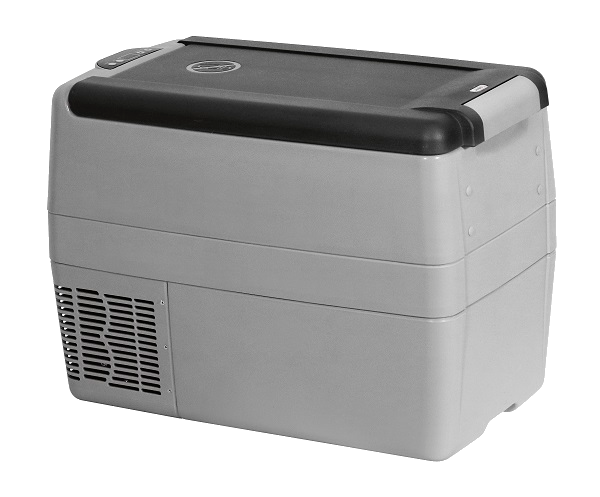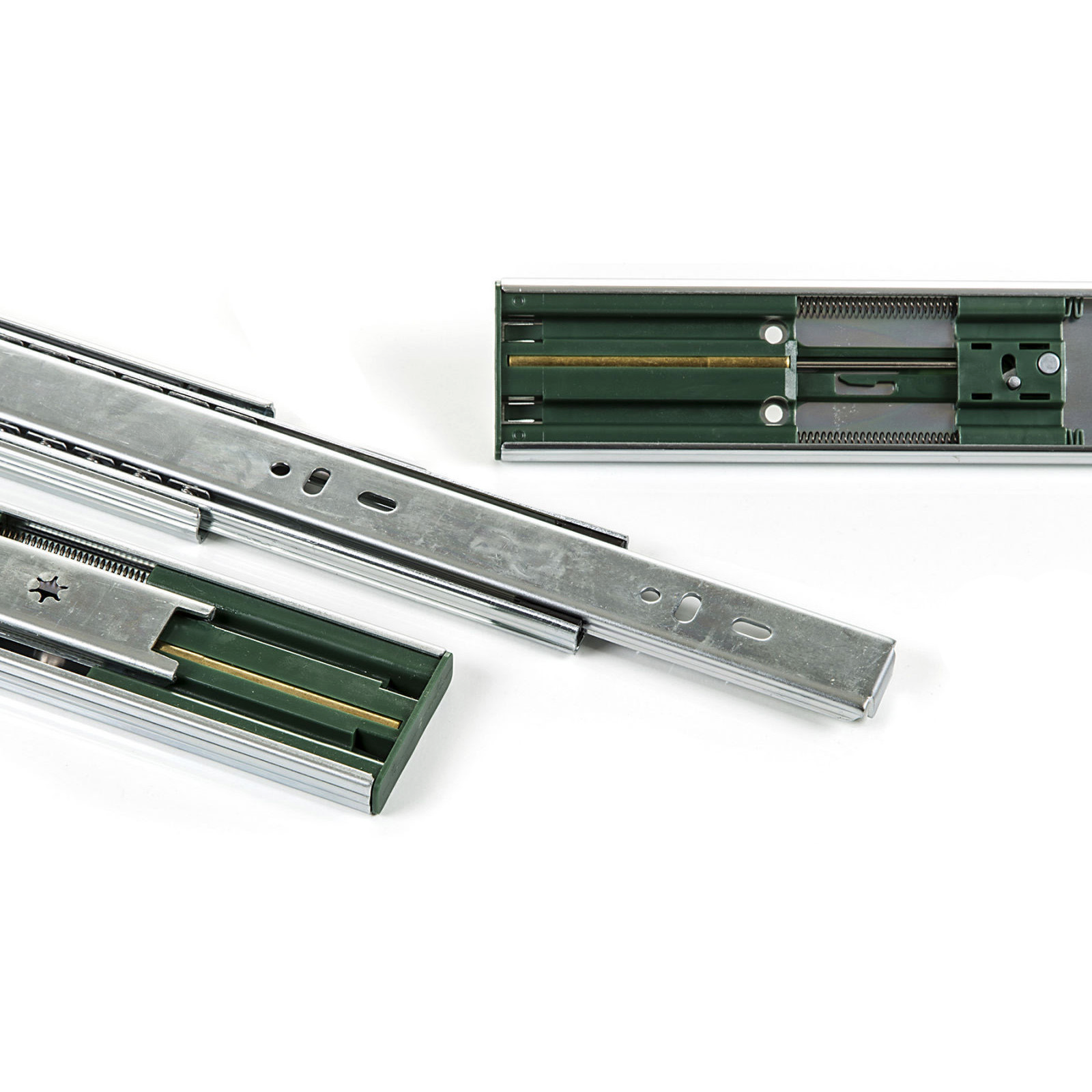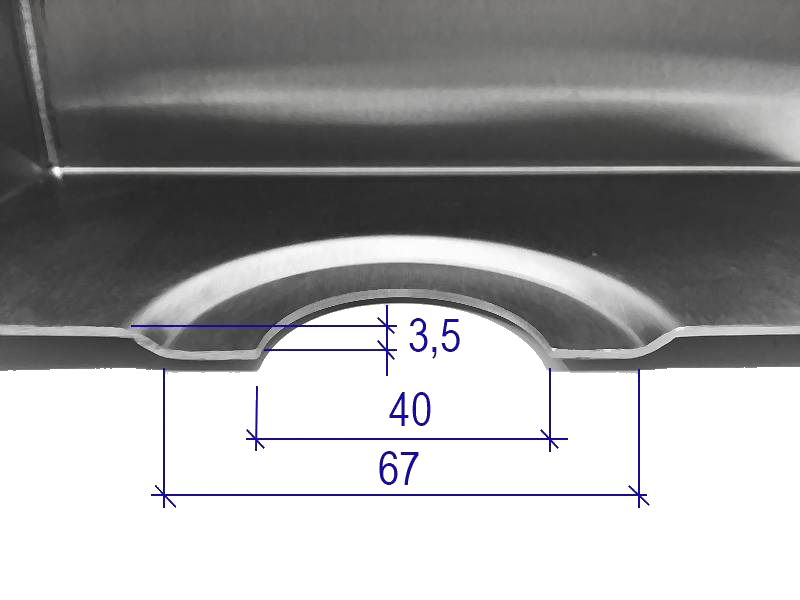
Meet "Gordito"
This is Gordito, our self converted campervan.
The van build took us about ten months of hard work on the weekends and after work. We did not have prior building experience, neither in carpentry, electrics, plumbing or all the other skills that are needed. So we had to redo lots of things in order to get the right results.
Before we bought a van, we wrote down some bullet points of what we wanted from a finished product. This is what we came up with:
- Seating for two, both in summer and in winter
- Seating should be side by side or at a 90 degree angle, not opposite each other
- Fixed bed in order to avoid having to transform it twice every day and for additional comfort on rainy days
- Lengthwise bed in order to avoid having to crawl over each other during the night
- Urine separating composting toilet
- Hot shower for occasional usage, both in summer and in winter
- bright and friendly colors
- as self sufficient as possible
- No LPG / propane / butane / methylated alcohol
With these requirements, we started our lengthy planning phase. Avoiding LPG meant that we would have to increase the size and capacity of our electrical installation. It also meant looking for an alternative way of generating hot air and hot water. So, you might be wondering, why do we want to avoid LPG in the first place? Well, there are many different reasons...
- If you want to install a LPG bottle in a campervan in Germany it is a legal requirement to cut a 100 cubic centimeter hole into the bottom of your van in order for any potential gas leaks to drain out, which is a huge insulation problem from our point of view. This might not be true in other countries, but then you run the risk of suffocation.
- Again in Germany, you need to pass an additional LPG test every two years, which costs time and money.
- LPG bottles come in different form factors and with different adapters in different European countries.
- LPG bottles need to be replaced or filled up regularly, which isn't exactly expensive, but an additional regular expenditure.
- No LPG also means no hunting for LPG stations or replacement shops, which can be sparse, which means less time searching for and less time taking a detour for that LPG shop.
- We do not like open flames in a very small space that is made out of wood.
- You need special tools for bending gas pipes, which are an additional expenditure
- LPG is a fossil fuel and it is therefore both limited and polluting the environment. We like to avoid burning fossil fuels if we can.
- LPG stoves are a pain in the a** to clean, especially when compared to cleaning induction hobs
- There is a risk of burning your hand in the flame or on the LPG stove, which does not exist with induction hobs.
Overall, the list of disadvantages of LPG was way too long and too serious for us to even consider it at all. Since we knew that we would require an electrical installation anyway (for charging laptops, phones etc.) we opted to increase the size and capacity of our electrical installation. This comes with additional costs, which we assume to be the reason that almost all campervans, even in the luxury segment, still come equipped with LPG. Replacing the LPG stove with an induction hob was an easy decision. But what about hot air and hot water? Well, as it turns out, if you drive around in a van, you most likely already have a large tank of fossil fuel mounted underneath your vehicle, because electric cargo vans currently do not exist, are too expensive or too heavy to be converted into a mobile home. Therefore we opted to install a diesel heater that plugs into our diesel tank. This means that we don't have to worry about an additional source of energy. We just fill up at the service station as usual. For hot water, we installed a boiler that can heat the water from the hot air of the diesel heater or electrically from our battery, which is a great option in summer. This boiler has the downside that it is not instant, which means that you will have to wait 20-30 minutes before taking a hot shower, which is a disadvantage that we can very well live with. Overall, we are very happy with our choice of ditching LPG and would do it all over again in the next build.

 Dominik
Dominik 

